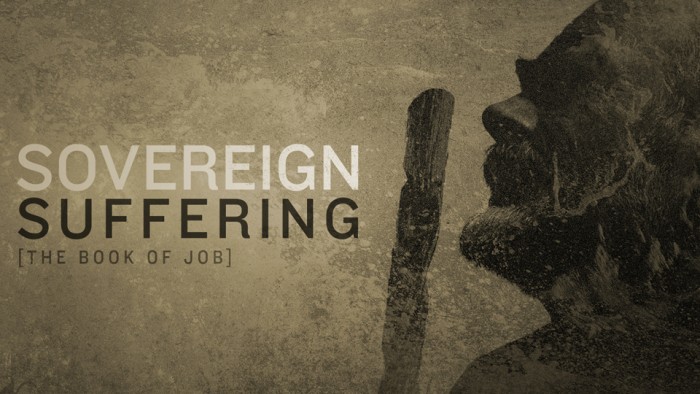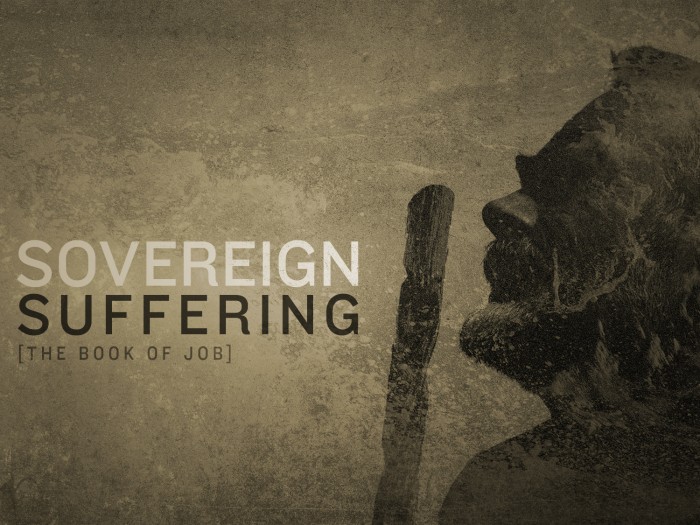I’m sure you have a friend or family member who is a sucker for all things new. Maybe it’s the latest Apple product I know people whose love of new is seen in their clothes, others in their hair, others in their car, and still other in whichever new diet craze is sweeping the country.
What “new” things do you most love? Among the many things John is at pains to pass along in his first letter is the fact that true Christians love spiritual things more than worldly things. I often tell my church members – in shepherding conversations – that disciples of Christ should not be popularly known as a fanatic of worldly things; we should be known as a lover of the things of God. And one thing that 1 John says true Christians love is the new birth.
1 JOHN ON THE NEW BIRTH
Some of you might remember that dark night in Jerusalem when the religious leader Nicodemus covertly came to speak with Jesus. Nicodemus began the conversation by saying Jesus must come from God because no one could possibly do the things He was doing if God wasn’t with him. Do you know what Jesus said in response? It wasn’t, “Thanks,” or, “You got that right brother.” It was, “Truly, truly, I say to you, unless one is born again he cannot see the kingdom of God.” You are not a Christian if you haven’t been born again. Let’s scan through this letter to see what John says about being born again, what he says about the new birth:
- “You may be sure that everyone who practices righteousness has been born of him.” (2:29)
- “No one born of God makes a practice of sinning, for God’s seed abides in him, and he cannot keep on sinning because he has been born of God.“ (3:9)
- “Beloved, let us love one another, for love is from God, and whoever loves has been born of God and knows God. (4:7)
- “Everyone who believes that Jesus is the Christ has been born of God, and everyone who loves the Father loves whoever has been born of him.” (5:10)
- “For everyone who has been born of God overcomes the world. And this is the victory that has overcome the world—our faith.” (5:4)
- “We know that everyone who has been born of God does not keep on sinning, but he who was born of God protects him, and the evil one does not touch him.” (5:18)
2 REASONS TO LOVE THE NEW BIRTH
First, the new birth comes from sovereign power. Did you notice how every single time John mentions the new birth he does so by saying either “born of God” or “born of him”? “The new birth . . . is not a work of man. No human makes the new birth happen. No preacher and no writer can make it happen. You can’t make it happen yourself. God makes it happen. It happens to us, not by us.”1 If you aren’t sure you like this sovereign language of the new birth I would simply invite you to consider your own physical birth. Which one of us chose to be born? I mean I can’t even remember anything before the age of five or six. I may have cooperated with the process of my physical birth, but I did not control any of it. The continual testimony of Scripture is that God is the one who makes dead sinners alive. So this new birth comes from sovereign power and . . .
Second, the new birth contains sin-breaking power. Look again at some of those verses we just read:
- “You may be sure that everyone who practices righteousness has been born of him.” (2:29)
- “No one born of God makes a practice of sinning, for God’s seed abides in him, and he cannot keep on sinning because he has been born of God.“ (3:9)
- “We know that everyone who has been born of God does not keep on sinning, but he who was born of God protects him, and the evil one does not touch him.” (5:18)
The new birth breaks the power of sin. “He breaks the power of canceled sin, he sets the prisoner free.” Those chains of sin that shackled your soul before faith in Christ have been broken once and for all. You are no longer a slave to sin and Satan, but are now a slave to Jesus and righteousness (cf. Rom. 6:20-22).
In his excellent study of the new birth entitled Finally Alive, John Piper writes,
If your heartache is for your own personal change, or for change in your marriage, or change in your prodigal children, or in your church, or in the systemic structures of injustice, or in the political system, or in the hostilities among nations, or in the human degradation of the environment, or in the raunchiness of our entertainment culture, or in the miseries of the poor, or in the callous opulence of the rich, or in the inequities of educational opportunity, or in arrogant attitudes of ethnocentrism, or in a hundred areas of human need caused by some form of human greed– if your heart aches for any of these, then you should care supremely about the new birth.
There are other ways of shaping culture and guiding behavior. But none so deep. None so far-reaching. None so universally relevant. None so eternally significant.2
True Christians love the new birth. What we need to see from this second test is not only if we have truly been born again, but also if our faith is a living faith. There is a reason I call this the experiential test. Our life in Christ is not some cold lifeless truth, rather it is a faith that is lived and experienced. The new birth changes everything: our goals, desires, hopes, actions, thoughts, and motives are all unchangeably altered. I mean think about the family you’ve been born into and how life defining that experience has been. When my boys are born they not only receive a name, but an identity, a way of life, a worldview, and a stated purpose. How much greater it is to be born into God’s family! What love this ought to generate in our lives.
———————————————————————————————————




